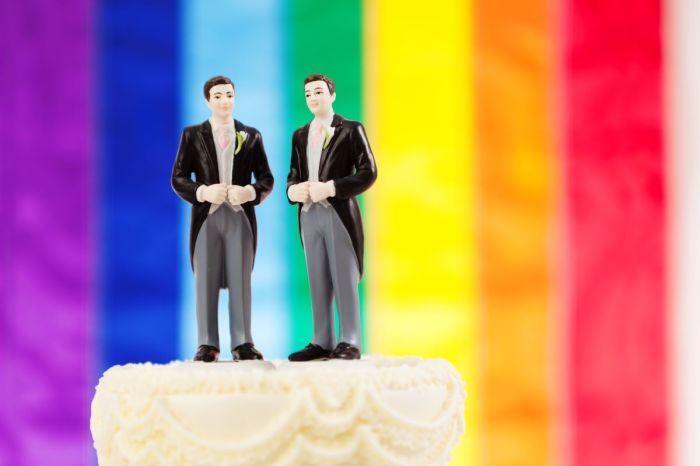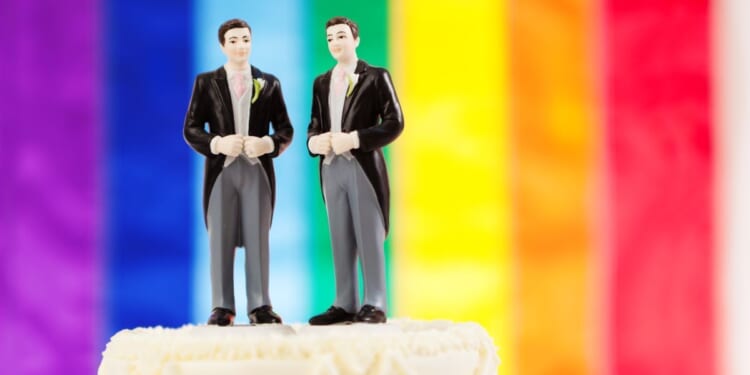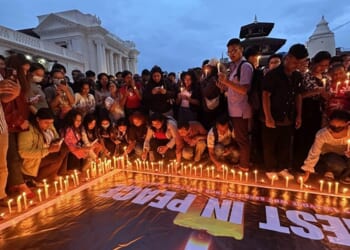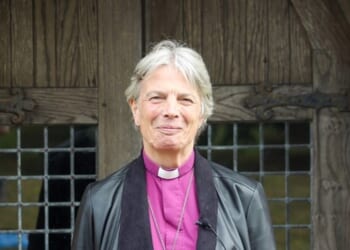
Judges in the state of Texas who refuse to perform same-sex marriages based on their sincerely held religious beliefs will no longer face disciplinary action for doing so.
The Texas Supreme Court amended its judicial code of conduct last week to explicitly protect judges in a ruling that stems from a lawsuit filed by McLennan County Justice of the Peace Dianne Hensley, who in 2019 refused to marry same-sex couples, stating it would be “inconsistent with her religious faith.”
At the time, the State Commission on Judicial Conduct (SCJC) issued a public warning against her, arguing the refusal cast doubt on her “capacity to act impartially” as a judge. Hensley then stopped performing all weddings.
But on Oct. 24, the court approved adding a new comment to Canon 4 of the Texas Code of Judicial Conduct: “It is not a violation of these canons for a judge to publicly refrain from performing a wedding ceremony based upon a sincerely held religious belief.” The change took effect immediately.
In December 2019, Hensley sued the commission under the Texas Religious Freedom Restoration Act (TRFRA), claiming the warning substantially burdened her free exercise of religion. She sought $10,000 in lost income from forgoing opposite-sex weddings, plus attorney’s fees. Lower courts dismissed the case in 2021, citing a failure to exhaust administrative remedies. However, in July 2024, the Texas Supreme Court reversed most of that judgment, ruling that Hensley’s religious freedom claims were “clearly sufficient” under TRFRA and allowing the suit to proceed.
The new comment follows a request from the U.S. 5th Circuit Court of Appeals for clarification on the state’s judicial code amid Hensley’s ongoing federal challenge. It effectively removes the sanction against her and shields other judges from similar punishment.
Jonathan Saenz, president and attorney for Texas Values, which filed an amicus brief in support of Hensley in 2023, stated the update “should make it crystal clear that this religious freedom applies statewide, including in the case of Judge Diane Hensley,” and could resolve her lingering lower court challenges.
“The Texas Supreme Court got it right with this important victory for religious freedom. In a state where religious freedom is widely supported, it’s common sense that a judge should not be punished for sincerely held religious beliefs,” Saenz said. “A judge should not have to choose between their conscience and their career.”
In Texas, judges and justices of the peace are not required to officiate weddings, but in the wake of the 2015 Obergefell v. Hodgesruling, they were expected to perform them for both same-sex and opposite-sex couples or neither. The new rule allows them to selectively refrain based on religious objections.
The guidance arrives as the U.S. Supreme Court is set to hold a private conference on Nov. 7 to consider a challenge to same-sex marriage from Kim Davis, the former Kentucky county clerk who refused licenses to gay couples after the Obergefell decision legalizing it nationwide.














